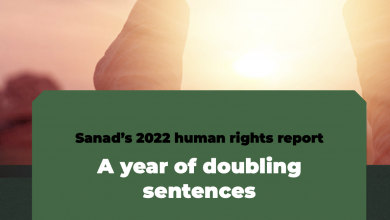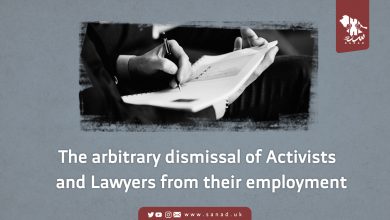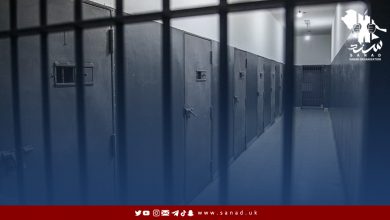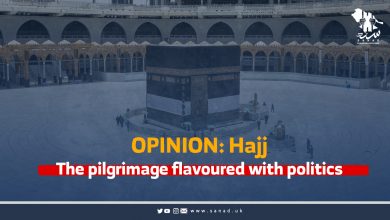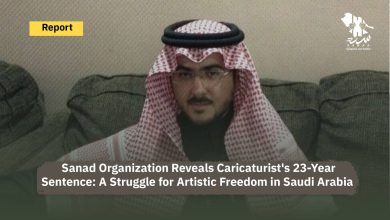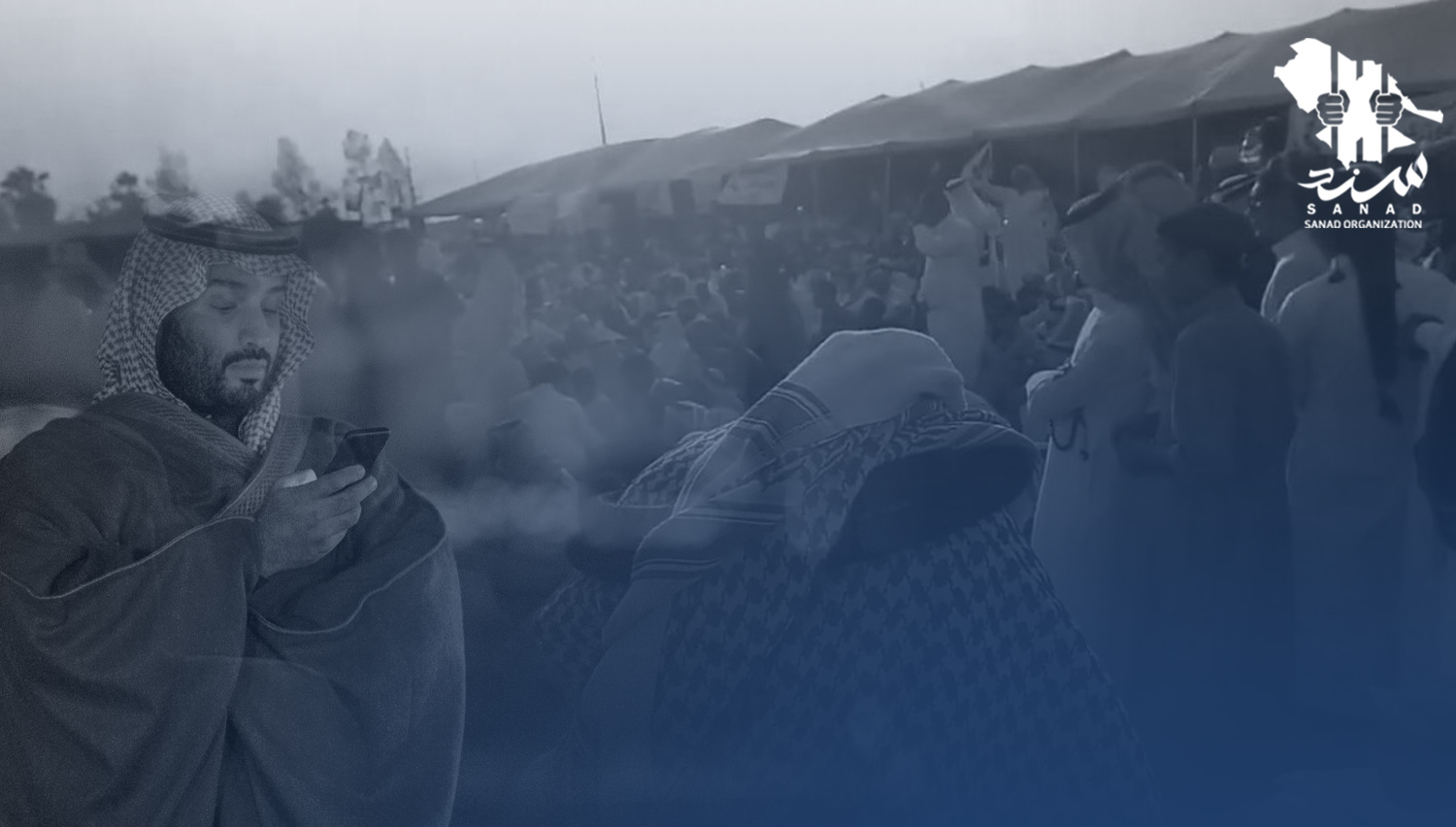
Vision 2030: A Prince’s blurred dream and the Neom nightmare for natives
To say the Saudi Arabian PR machine is on a charm offensive would be an understatement.
Since the announcement of Vision 2030 by Muhammed bin Salman (or MBS as he is better known in the West), the conservative Gulf state has started its public relations and more importantly internal transformation by undertaking several infrastructure projects. The idea behind the investment, moving away from its dependence on oil, to wait for it…tourism. As a result, the Kingdom has broken away with traditional norms and ushered in what it deems a more relatable persona – cue the hosting of musical concerts, world sporting events (including Formula 1 and boxing world titles) and the building of leisure centres and theme parks.
It doesn’t stop there, the undoubtable jewel in the would-be King’s crown is NEOM.
With an estimated budget of $500 billion, the giga project is said to be bin Salman’s greatest dream – a unique city, and a huge tourist destination with a vision to reform the traditionalist country.
However, the city’s name has been linked with turmoil, tyranny and blood, turning the rosy dreams of the prince into a nightmare that threatens an entire tribe.
According to sources, Abd Al-Rahim Al-Huwaiti from the Huwaitat tribe that lives within the construction boundary of the megacity was murdered by Saudi police for refusing to implement the decision to leave his house to make way for construction. An act that was condemned by human rights organisation SANAD, calling the project, “The action of displacing people, seizing land and demolishing homes to build NEOM on their ruins is despicable and deplorable.”
How the crisis started
The crisis began in 2017 when several Huwaitat met with the prince of the Tabok region, Fahadbin Sultan.
The tribesman made a formal request to the prince to guarantee them the right of residence in their homes, not to displace them nor demolish their houses. However, the request was denied, with the prince informing the tribal people he could not help them with defending their lands.
The Huwaitat tribe (with assets in Saudi Arabia, Egypt and Jordan) were the first to be affected by the development. The southern areas included in the first phase were Qayal, Al-Asil, Sharm and Alkharib, with the second phase mainly affecting the northern areas of Albad, Maqn and Almuwaylih. According to official estimates, some 30,000 people live in these areas.
In late 2019, the Huwaitat tribe led a campaign against the development project, with activists launching a social media revolt to express their refusal to leave their territory under the hashtag ‘Huwaitat are against the deportation of NEOM’.
January 2020 saw the project management announce the start of a two-phase displacement, to complete construction in the city of NEOM. Several tribesmen went to one of the leaders of the Huwaitat tribe, Sheikh Aliyan Al-Zahari Al-Huwaiti, rejecting the Saudi decision forcing them to leave their homes. They demanded their concerns and formal rejection be raised with the Crown Prince, but Sheikh Zahari did not respond – there is still uncertainty as to why such a stance was taken.
Tyranny, murder and threat
Despite the growing concerns and opposition to the evictions, confiscation of land and the social media backlash of homes being destroyed, the government have insisted the project proceed full steam ahead. Witnesses say security forces armed with military equipment have forcibly removed residents from their homes.
The situation escalated on 13th April 2020, after it is alleged security forces killed Abd Al-Rahim Al Huwaiti inside his home after refusing to implement the decision to evacuate his house.
Just days before his death at the alleged hands of security forces, Abd Al-Rahim Al Huwaiti was seen on social media with video clips of himself talking about his refusal and his tribe’s rejection of the decision to be forcibly moved by government authorities to make way for the construction project. In the video, Mr Huwaiti can be seen citing the importance of his land, his property and his connection to a place that he and his tribe know inside out.
SANAD has also learned Abd Al-Rahim Al Huwaiti and other tribe residents were not accurately issued compensation for their loss of earnings, materials, and for forcibly being removed from their lands. It is also reported the so-called formula and grounds to determine compensation is unclear. Moreover, the landowners were not consulted or indeed handled appropriately and sympathetically before displacement.
What started as the jewel in the crown for the Saudi regime has very quickly become somewhat of a blood diamond. The Vision 2030 project, which was meant to serve, promote and better the standards for Saudi citizens now has the blood of its people on its hands. Critics of the regime have stated, this is yet another example of the state’s totalitarianism in its handling of everything it wants to pursue, with no repercussions or questions asked.
The death of a man would normally have served as a moment of pause and reflection. However, the regime’s repressive practices have not stopped at the killing of Abd Al Rahim Al Huwaiti. His death has been followed by the arrest of dozens of his relatives, in an attempt to prevent further civil unrest and negative public opinion against the project.
Activist Aliya Huwaiti, a critic of the displacement of tribesmen in Saudi and a member of the Huwaitat tribe herself who now resides in the UK, has also received direct death threats after she posted several tweets on her official Twitter account attacking the actions of the regime.
In April 2020, Abdul-Rahim Al-Huwaiti, who was at his home, protesting the forced eviction by the government, was shot dead by the security forces. Following his extrajudicial killing, the fowling tribesmen and women from the Huwaitat were all arrested:
1. Miss Hameela Ahmed Al Huwaiti
2. Ahmed Abd An Nasir Al Huwaiti
3. Arshad Rahi Al Huwaiti
4. Sami Halil Al Huwaiti
5. Sulayman Muhammed Al Huwaiti
6. Abd Al Ilah Rashid Al Huwaiti
7. Abd Allah Ibrahim Al Huwaiti
8. Abd Allah Dakhil Allah Abu Taqiq Al Huwaiti
9. Shadi Dakhil Allah Abu Taqiq Al Huwaiti
10. Awn Abd Allah Al Huwaiti
11. Salih Salim Ar Raqabi
12. Dayf Allah Salaamah Al Huwaiti
13. Hadi Salim Afnan
14. Muhammed Salim Al Huwaiti
15. Muhammed Saqr Al Huwaiti
16. Abd Allah Salih Hais
17. Abd Allah Marzoq Al Qarani
18. Ahmed Talib Al Huwaiti
Judicial technical framework
What the people of Huwaitat are subjected to is an explicit violation of international law. They are subjected to forced displacement per international law, which is defined as a practice carried out by Governments, paramilitary forces or groups hostile to an ethnic, religion or religious group with a view to evacuating certain territories and replace them with another population. Forced displacement is either direst, i.e. Forced relocation of people from their residential areas or indirectly, by driving people to leave and migrate, using means of pressure, intimidation and persecution.
Articles 2, 7, 8 of the Rome Statute belonging to the International Criminal Court also considers forced displacement a war crime. It states the expulsion or the forced transfer of the population, when committed as part of a large scale or systematic attack directed against any civilian population constitutes a crime against humanity.
Article 49 of the Fourth Geneva Convention of 1949, also prohibits the forced mass of individual transfer or exile of persons from their areas of the population to other territories.
SANAD has called for the intervention of the international community to apply pressure on the Saudi authorities to respect and abide by the laws and treaties they have ratified. The companies and investors involved in the NEOM project must cease to cooperate with the project management until the Saudi authorities guarantee compensation to those affected from the Huwaitat tribe. SANAD is also demanding those involved in the killing of Mr Huwaiti to be held to account and brought to justice in an impartial and transparent trial, and to release all those detained for rejecting such repression.
SANAD have also expressed their disappointment in the British Foreign Secretary’s praise for the NEOM project – a project founded on the displacement of peoples and spilling of blood to protect property and lands. Not to mention, those wrongfully detained because they rejected the repressive method undertaken by the Saudi government against its citizens.
It is not known whether the British Foreign Secretary’s support for this bill is a sign that he is in favour of this repression and violation, or whether he is unaware of the reality and facts of the situation.


